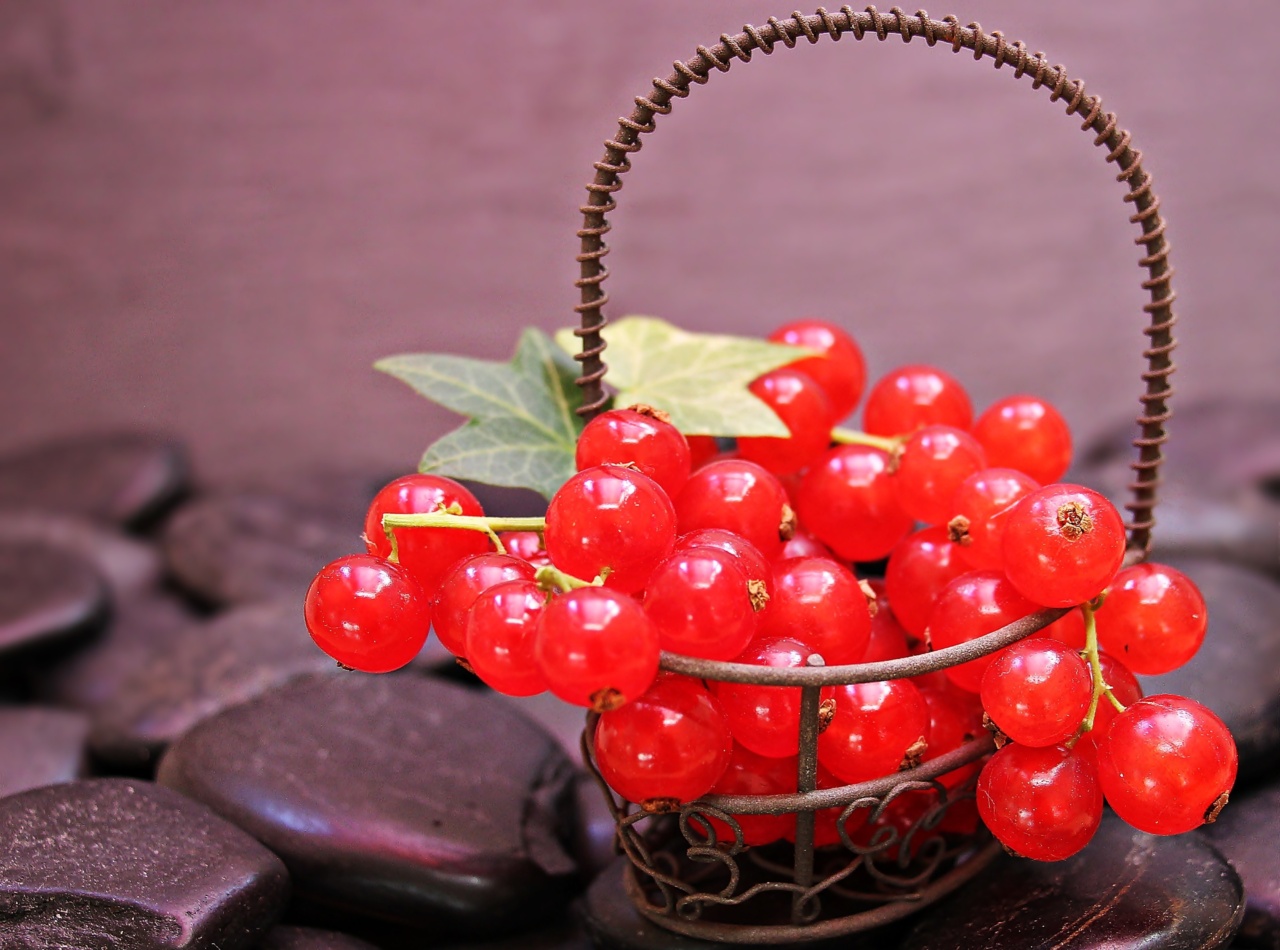Kidney stones, a common urinary tract disorder, can cause severe pain and discomfort. These hard, crystalline deposits form in the kidneys when minerals and other substances accumulate.
Though genetics and other factors play a role, adopting a healthy eating plan can help reduce the risk of kidney stone formation significantly. This article discusses several effective tips for preventing kidney stones through a balanced and nutritious diet.
1. Increase Fluid Intake
Adequate hydration is crucial for maintaining optimal kidney health and preventing stone formation. Drinking plenty of fluids helps dilute the urine and flush out minerals and toxins from the kidneys.
Water is the best choice, aiming for at least 8-10 glasses (64-80 ounces) per day. Avoid sugary beverages, as excess sugar can promote stone formation.
2. Consume Calcium-Rich Foods
Contrary to popular belief, calcium-rich foods do not increase the risk of kidney stones. In fact, getting enough calcium is important for preventing oxalate stones, the most common type of kidney stones.
Include low-fat dairy products, such as milk, yogurt, and cheese, in your diet. If you are lactose intolerant or prefer non-dairy options, consider fortified plant-based milk alternatives or calcium supplements after consulting a healthcare professional.
3. Limit Oxalate-Rich Foods
Oxalates are substances found in certain foods that can bind with calcium in the urine, leading to the formation of kidney stones. If you are prone to calcium oxalate stones, it is essential to limit your intake of oxalate-rich foods.
Some commonly consumed high-oxalate foods include spinach, rhubarb, beets, peanuts, and chocolate. While these foods should not be completely eliminated, moderation is key. Ensuring an adequate intake of calcium-rich foods can help reduce the risk of stone formation from oxalate consumption.
4. Include Ample Fiber
A diet high in fiber offers several health benefits, including kidney stone prevention. Fiber-rich foods help reduce calcium excretion in urine, decreasing the likelihood of stone formation.
Whole grains, fruits, vegetables, and legumes are excellent sources of dietary fiber. Aim for a well-balanced diet that includes a variety of these fiber-rich foods.
5. Moderate Animal Protein Intake
Excessive consumption of animal protein, such as red meat, poultry, and seafood, may increase the risk of kidney stones. Animal protein increases the level of uric acid and calcium in the urine, which can contribute to stone formation.
While eliminating animal protein completely is not necessary, it is advisable to moderate its intake. Consider plant-based protein sources like beans, lentils, tofu, and tempeh as healthier alternatives.
6. Cut Back on Sodium
Excess sodium in the diet can cause the kidneys to excrete more calcium into the urine. This excessive calcium can then combine with other substances to form kidney stones. Limiting sodium intake is crucial for kidney stone prevention.
Avoid processed and packaged foods, as they are often high in sodium. Instead, opt for fresh and homemade meals seasoned with herbs and spices.
7. Maintain a Healthy Weight
Obesity and overweight are risk factors for various health conditions, including kidney stones. Losing excess weight and maintaining a healthy body weight can reduce the risk of stone formation.
Incorporate regular physical activity and focus on a balanced diet with controlled calorie intake to achieve and sustain a healthy weight.
8. Consume Citrus Fruits
Citrus fruits like lemons, oranges, and grapefruits are rich in citrate, which inhibits stone formation. Citrate helps prevent crystals from aggregating and forming stones.
Drinking citrus juices or adding freshly squeezed lemon or lime juice to water can be an effective preventive measure. However, be cautious with commercially available citrus juices, as they often contain added sugars. If possible, opt for freshly prepared juices.
9. Limit Sugar and Fructose
High sugar consumption, especially that of fructose, is associated with an increased risk of kidney stones. Excessive sugar intake can lead to obesity, insulin resistance, and metabolic disturbances, promoting stone formation.
Reduce your consumption of sugary drinks, candies, desserts, and processed foods to minimize the risk of kidney stones.
10. Steer Clear of Sodas and Carbonated Beverages
Regular consumption of soda and other carbonated beverages can raise the risk of kidney stones. These drinks are often high in sugar, phosphoric acid, and other additives that can contribute to stone formation.
Opt for healthier alternatives such as water, herbal teas, or homemade fruit-infused water to quench your thirst without risking stone formation.
In Conclusion
By adopting these healthy eating tips, you can significantly reduce the risk of kidney stone formation.
Remember to stay well-hydrated, consume adequate calcium, limit oxalate-rich foods, include plenty of fiber in your diet, moderate animal protein and sodium intake, maintain a healthy weight, consume citrus fruits, and minimize sugar and soda consumption. Incorporating these dietary changes along with regular exercise and medical guidance, if necessary, can help you maintain good kidney health and prevent the formation of painful kidney stones.






























